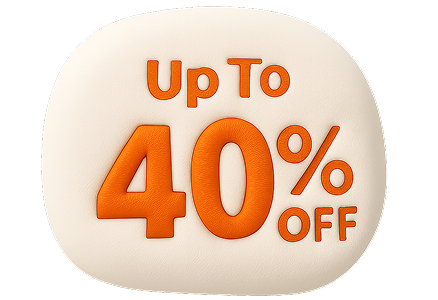The Divi Post Carousel module presents posts in a visually appealing sliding format, allowing users to showcase featured content dynamically. You can customize the number of slides, spacing, and design elements to enhance user engagement.
Content
The Content tab in the Divi Post Carousel module allows you to select post types, set the number of items to display, and customize the content’s appearance.
General
- Layout – Layout – This option allows you to choose the display format of the post carousel, providing flexibility in how your posts are visually arranged for users.
Query
- Post Type – Selects the type of content to display in the carousel, such as posts, pages, or custom post types.
- Include By – Determines which posts to include based on specific criteria like post parent or author.
- Categories Filter Rule – Defines how to filter categories, allowing you to either match or exclude certain categories.
- Categories Filter – Enables selection of specific categories to include in the carousel display.
- Ignore Sticky Posts – A toggle that excludes sticky posts from the carousel if enabled.
- Offset – Specifies the number of posts to skip before starting the display in the carousel.
- Exclude Current Post – A toggle to prevent the currently viewed post from appearing in the carousel.
- Order – Sets the order of posts displayed in the carousel, allowing for customization of presentation.
- Order by – Chooses the criteria by which posts are ordered, such as date, title, or custom fields.
Settings
- Per Page – Defines the number of items displayed per page in the carousel, crucial for responsive design.
- Per Move – Specifies how many items to move with each action, allowing for customized navigation.
- Gap – Sets the space between each item in the carousel, enhancing visual appeal.
- Speed – Determines the transition speed between carousel items, affecting the flow of movement.
- Type – Selects the type of carousel animation, such as slide or fade, influencing the overall experience.
- Autoplay – A toggle to enable automatic movement of items in the carousel without user interaction.
- Interval – Sets the duration between automatic transitions when autoplay is enabled.
- Pause on Hover – A toggle that pauses the autoplay feature when the user hovers over the carousel items.
- Arrows – Enables or disables navigation arrows for manual control of the carousel.
- Pagination – A toggle to show or hide pagination indicators, allowing users to navigate through items easily.
- Focus – Determines which item is centered or highlighted in the carousel, enhancing user focus.
- Trim Space – Adjusts the spacing around the carousel, ensuring a clean layout without excess margins.
Image
- Image Position – Determines the placement of the image within the carousel item, allowing for customized visual alignment.
- Image Size – Selects the size of the image displayed in the carousel, with options ranging from thumbnail to full-size.
- Image Ratio – Sets the aspect ratio of the image, ensuring consistent dimensions across all carousel items.
- Image Ratio Size – Defines the specific dimensions used for the selected image ratio, impacting how the image is rendered visually.
Title
- Show Title – Enables the display of the title for each carousel item, providing viewers with essential information about the content.
- Open in New Tab – Allows the title link to open in a new browser tab when clicked, enhancing user navigation without losing the current page context.
Meta
- Show Meta – Toggles the visibility of metadata related to each carousel item, such as publication date and categories, offering additional context to the content.
- Show Separator – Displays a visual separator between different metadata elements, enhancing readability and organization of the information.
- Show Post Author – Enables the display of the author’s name for each carousel item, providing credit and helping users identify the content creator.
Excerpt
- Show Excerpt – Toggles the visibility of a brief summary of the post, giving users a quick insight into the content before they click through.
- Excerpt Length – Defines the number of words or characters displayed in the excerpt, allowing customization of how much information is presented to the audience.
Readmore
- Show Readmore – Toggles the display of a button that links to the full post, encouraging users to explore more content.
- Readmore Text – Customizes the text displayed on the read more button, allowing for personalized calls to action.
- Readmore Icon – Allows the addition of an icon next to the read more text for enhanced visual appeal.
- Icon Position – Determines where the icon is placed in relation to the read more text, either before or after it.
- Open in New Tab – Toggles whether the link to the full post opens in a new browser tab, providing users with the option to keep the current page open.
Design
The Design tab offers styling options for layout, spacing, navigation, and more, enabling you to create a visually attractive carousel that fits your site’s design.
Content
Controls the overall design settings for the content displayed in the module, including styles and layouts.
Image
Customizes the appearance of images, including size, alignment, and spacing, to enhance visual presentation.
Title
Adjusts the styling options for post titles, such as font size, color, and alignment, ensuring consistency with the overall design.
Meta
Manages the display settings for meta information like author, date, and comments, providing options for visibility and styling.
Excerpt
Configures the design of the post excerpt, including length and formatting, to effectively summarize content while maintaining aesthetic appeal.
Taxonomy
Sets the design options for displaying taxonomies, such as categories and tags, including their layout and styling to fit the overall look.


